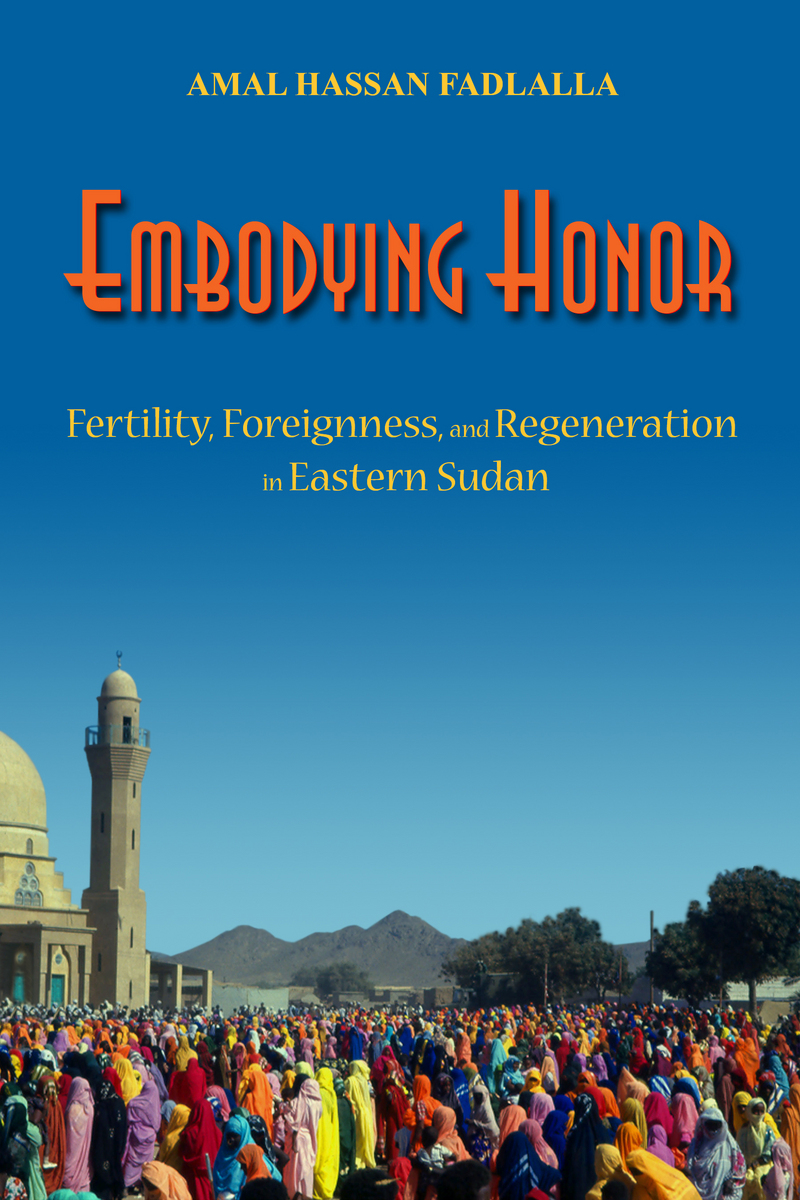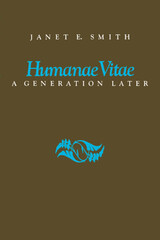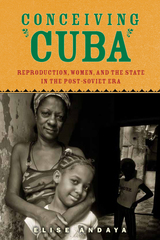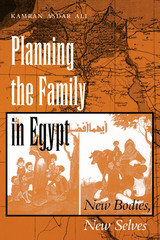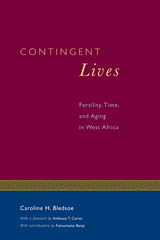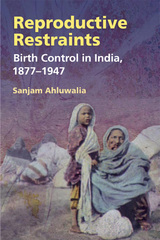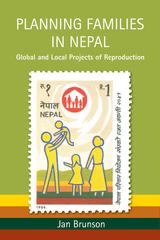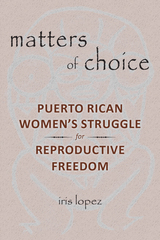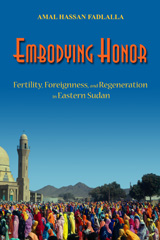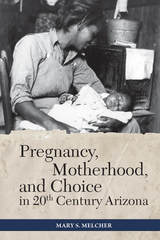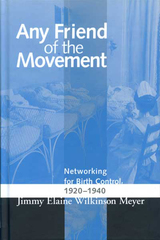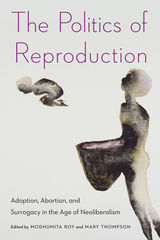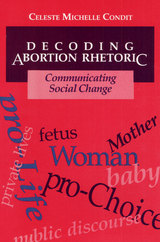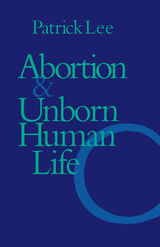Embodying Honor: Fertility, Foreignness, and Regeneration in Eastern Sudan
University of Wisconsin Press, 2007
Cloth: 978-0-299-22380-9 | Paper: 978-0-299-22384-7 | eISBN: 978-0-299-22383-0
Library of Congress Classification HQ766.5.S76F33 2007
Dewey Decimal Classification 306.874309624
Cloth: 978-0-299-22380-9 | Paper: 978-0-299-22384-7 | eISBN: 978-0-299-22383-0
Library of Congress Classification HQ766.5.S76F33 2007
Dewey Decimal Classification 306.874309624
ABOUT THIS BOOK | AUTHOR BIOGRAPHY | REVIEWS | TOC | REQUEST ACCESSIBLE FILE
ABOUT THIS BOOK
In the Red Sea Hills of eastern Sudan, where poverty, famines, and conflict loom large, women struggle to gain the status of responsible motherhood through bearing and raising healthy children, especially sons. But biological fate can be capricious in impoverished settings. Amidst struggle for survival and expectations of heroic mothering, women face realities that challenge their ability to fulfill their prescribed roles. Even as the effects of modernity and development, global inequities, and exclusionary government policies challenge traditional ways of life in eastern Sudan and throughout many parts of Africa, reproductive traumas—infertility, miscarriage, children’s illnesses, and mortality—disrupt women’s reproductive health and impede their efforts to achieve the status that comes with fertility and motherhood.
In Embodying Honor Amal Hassan Fadlalla finds that the female body is the locus of anxieties about foreign dangers and diseases, threats perceived to be disruptive to morality, feminine identities, and social well-being. As a “northern Sudanese” viewed as an outsider in this region of her native country, Fadlalla presents an intimate portrait and thorough analysis that offers an intriguing commentary on the very notion of what constitutes the “foreign.” Fadlalla shows how Muslim Hadendowa women manage health and reproductive suffering in their quest to become “responsible” mothers and valued members of their communities. Her historically grounded ethnography delves into women’s reproductive histories, personal narratives, and ritual logics to reveal the ways in which women challenge cultural understandings of gender, honor, and reproduction.
In Embodying Honor Amal Hassan Fadlalla finds that the female body is the locus of anxieties about foreign dangers and diseases, threats perceived to be disruptive to morality, feminine identities, and social well-being. As a “northern Sudanese” viewed as an outsider in this region of her native country, Fadlalla presents an intimate portrait and thorough analysis that offers an intriguing commentary on the very notion of what constitutes the “foreign.” Fadlalla shows how Muslim Hadendowa women manage health and reproductive suffering in their quest to become “responsible” mothers and valued members of their communities. Her historically grounded ethnography delves into women’s reproductive histories, personal narratives, and ritual logics to reveal the ways in which women challenge cultural understandings of gender, honor, and reproduction.
See other books on: Fertility, Human | North | Rituals & Practice | Sexual behavior | Sudan
See other titles from University of Wisconsin Press
